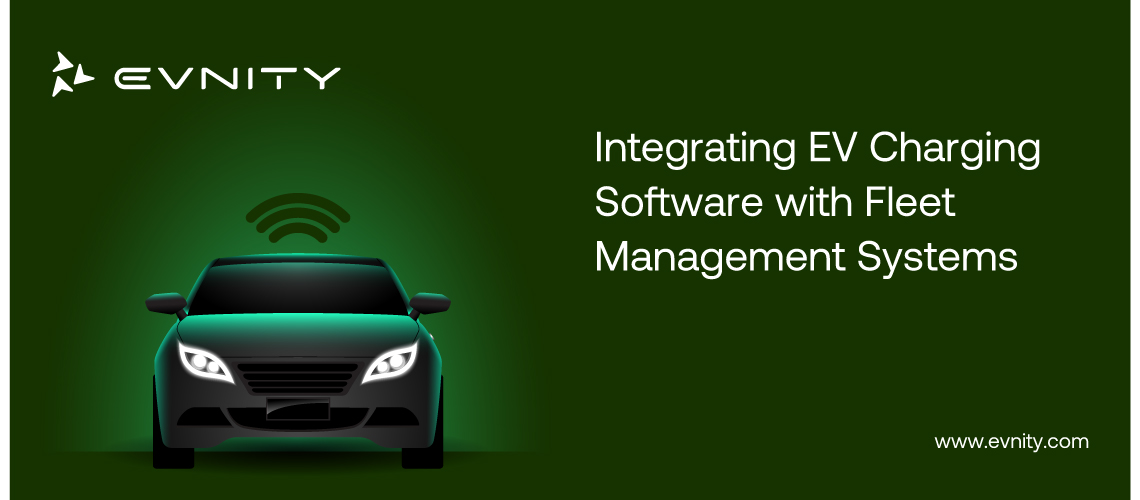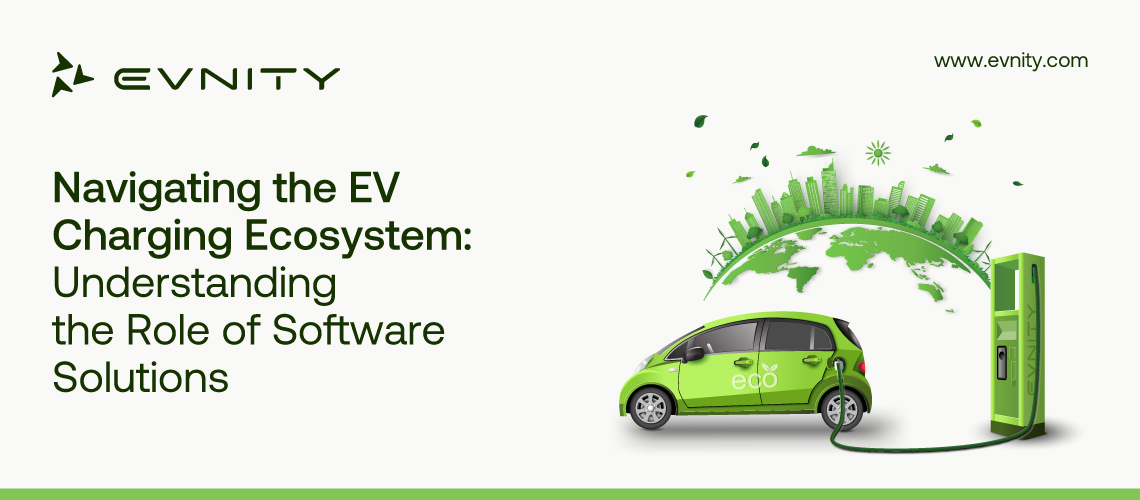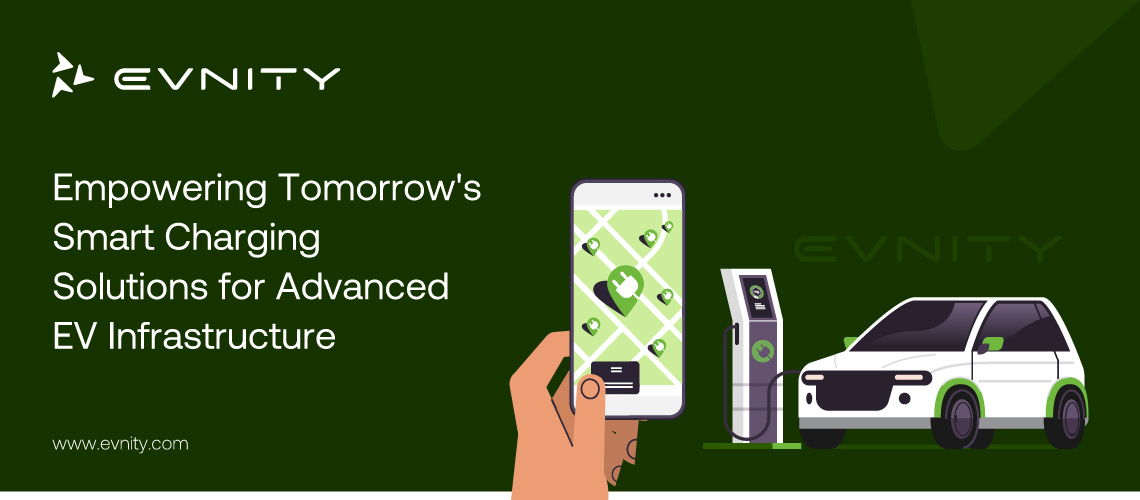Smart solutions come in many forms that can optimize your solar EV charging system in various ways, such as by letting you choose which home appliance receives which amount of electricity from your solar panels or by scheduling preset charges.
Exclusive charging station management systems’ functions optimize your EV home charging station's solar connectivity, while home energy management systems (HEMS) apply the same optimization to all of your household appliances.
You may also maximize your EV's connection to solar electricity by using the smart charging software that is available in compatible charging stations, which offers you more control over your EV's charging schedule and energy usage.
What is Smart Charging?
The term "smart charging" is used to describe an array of emerging technologies. These systems connect your solar panels, the grid, your home appliances, and your EV home charging point using Bluetooth and internet access. They maximize your solar EV charging setup's efficiency in the process.
"Smart charging" can be compared to a "smartphone" or a "smart home." A smartphone or a smart house can't be used for just one "smart" task. Instead, a wide range of software programs can improve the functionality of your device(s) and your convenience as the user is referred to by the prefix "smart." The same applies to "smart charging" systems that charge EVs using solar power.
What is a Dedicated Solar Smart Charging Feature?
Depending on the capabilities of your charging station, a dedicated smart charging solar feature is a unit of hardware or software that is solely focused on making your EV charging session as efficient as possible. Your home electricity supply, which includes your solar panels, and your EV charger can interact directly thanks to these characteristics. There are comparable solutions for other smart devices; these are referred to as "single appliance optimization" in this context.
How Dedicated Smart Solar Charging Features Work?
Dedicated smart charging features use the electrical circuit in your house to connect your EV home charger to your solar panels. The function of a specialized smart charging feature is to compare the amount of energy required by your EV charging station with the amount of solar electricity produced by your panels and the amount of green energy available in the grid.
You may control the process and timing of your EV's recharging thanks to customizable features that are part of this "smart" technology.
How Smart Charging Stations Can Further Optimize Your Solar EV Charging Setup?
Solar panels function for EV charging by converting sunlight into electricity and transferring this electricity into the home's electrical circuit without the use of any smart charging capabilities like those mentioned above. Eventually, any electricity that is not used by your home appliances is sent to the EV charging station. The excess solar energy that is not used in this process is then fed back into the system so that other homes can use it somewhere else.
The ability to better regulate where, when, and how much of your solar-generated electricity is used is the main advantage of smart charging for solar electric vehicle systems. The above-discussed appliance optimizers assist in lowering energy costs, your carbon footprint, and energy waste.
Solar Optimization Settings
You will be able to choose from a variety of various optimization settings, contingent upon the software that has been installed in your smart charging station. These function because your smart charging station can link to your home's electrical circuit via Bluetooth and/or internet connectivity. We'll look at a few of the most important smart charging features that the top home charging stations now have below.
1. Exclusive Solar Charging
The current EV motorist is very concerned about the environment. Therefore, it makes perfect sense that you would want to use solar electricity exclusively for EV recharging. When your car is receiving power directly from your solar panels, you can program a smart charging station to only charge your car then.
2. Specific Solar Charging
Of course, depending on your solar configuration, you might not be able to recharge your EV completely—or at least not all year round—using solar power alone. Alternatively, when your solar panels are producing electricity, smart charging stations may supply it to your electric vehicle. You may combine increased convenience, financial effectiveness, and reduced carbon emissions with this choice.
3. Charging Without Optimization
This implies that you charge as quickly as possible with whatever is available. Whether using solar energy exclusively, utilizing solar energy supplemented by grid electricity, or relying entirely on the grid. This setting promotes charging with full power when needed, however, it is not at all ideal for using renewable energy.
Conclusion
The advancements in smart charging technologies provide significant opportunities to optimize the efficiency and sustainability of solar EV charging systems. By integrating a robust EV charging station management system, users can gain exceptional control over their energy distribution, maximizing the benefits of their solar panels. Whether through exclusive solar charging, specific solar charging, or a hybrid approach, these systems ensure that your EV is charged in the most eco-friendly and cost-effective manner.


